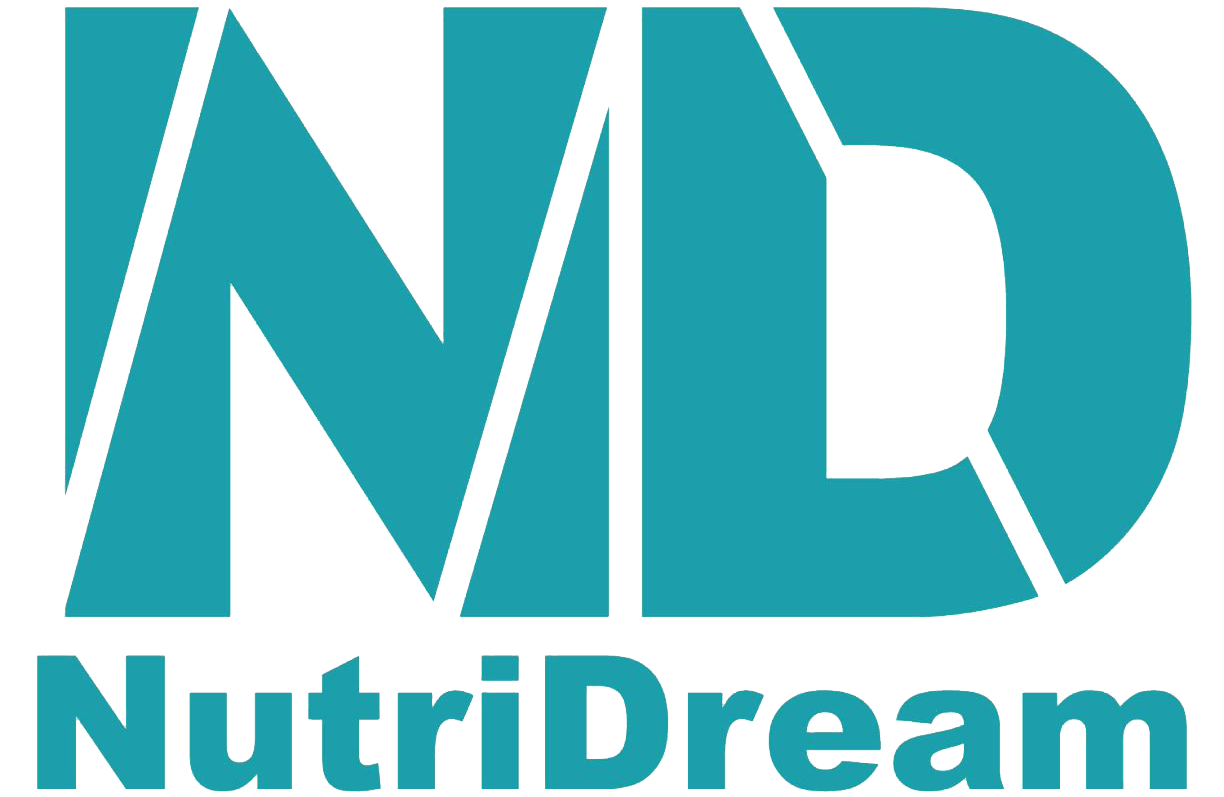VITAMINE B DEFICIENCY

Vitamin B should actually be referred to in the plural: B-group vitamins. Some of them are rather known by number – B1, B2, B3, B5, B6 and B12; however, some are known by name, such as biotin (B7) and folates (B9). These are water-soluble vitamins, the need of which is covered by a varied diet. By analyzing people’s menus, it is evident that it can be difficult to cover certain B vitamins from consumed food. Many different B group vitamins are found in, for example, meat, liver and fish. In the case of plant-based food, attention should be paid to different seeds and nuts.
In general, it can be said that group B vitamins ensure normal levels of fats, carbohydrates and/or fats, and we need them for the functioning of the nervous system and muscles. A lack of B group vitamins can indicate fatigue, muscle weakness, and mood swings. Each vitamin of the B group also has its own characteristics, for example, vitamin B1 is responsible, in addition to the aforementioned, for the normal production of gastric juice. Vitamin B2 deficiency can manifest itself in the poor condition of nails and hair. B5 vitamins reduce the body’s resistance to stress and the toxic effects of antibiotics on the skin. B6 – the vitamin is needed for the production of serotonin and it participates (as well as B9 and B12) in the hematopoietic process. B9 or folic acid is also important in the development of the nervous system of the fetus.
When talking about vitamin B deficiency, it is often meant vitamin B12 or cobalamin. Namely, the human digestive tract can synthesize a certain amount of most B group vitamins, but only if the necessary precursors are obtained from food and the intestinal microflora functions normally. Water-soluble vitamins are not stored in our body, so there is a lack of them rather than an overdose. Unlike other vitamin B groups, the reserve of vitamin B12 is in our body for 5-6 years. Food-related vitamin B12 deficiency can be observed especially in adults who have been vegetarians for several years and have not used B12 supplements or foods enriched with vitamin B12. The absorption of vitamin B12 also decreases with age or as a result of bariatric surgery. Our body absorbs vitamin B12 well only from animal food (including cheese, cottage cheese and eggs).
If there is any doubt about the lack of B vitamins, it is worth contacting a nutritionist or therapist for menu analysis and recommendations. In the case of different individual nutritional and organism characteristics, the consumption of nutritional supplements may be necessary.
Used materials
Annely Soots, “Health from food”; Tagli Pitsi and Kristin Salupuu, “Healthy nutrition”; Health Development Institute, “Vitamins”
Kendra K. Vaino
Nutrition therapist (EKR6)
www.foodandfitness.ee












